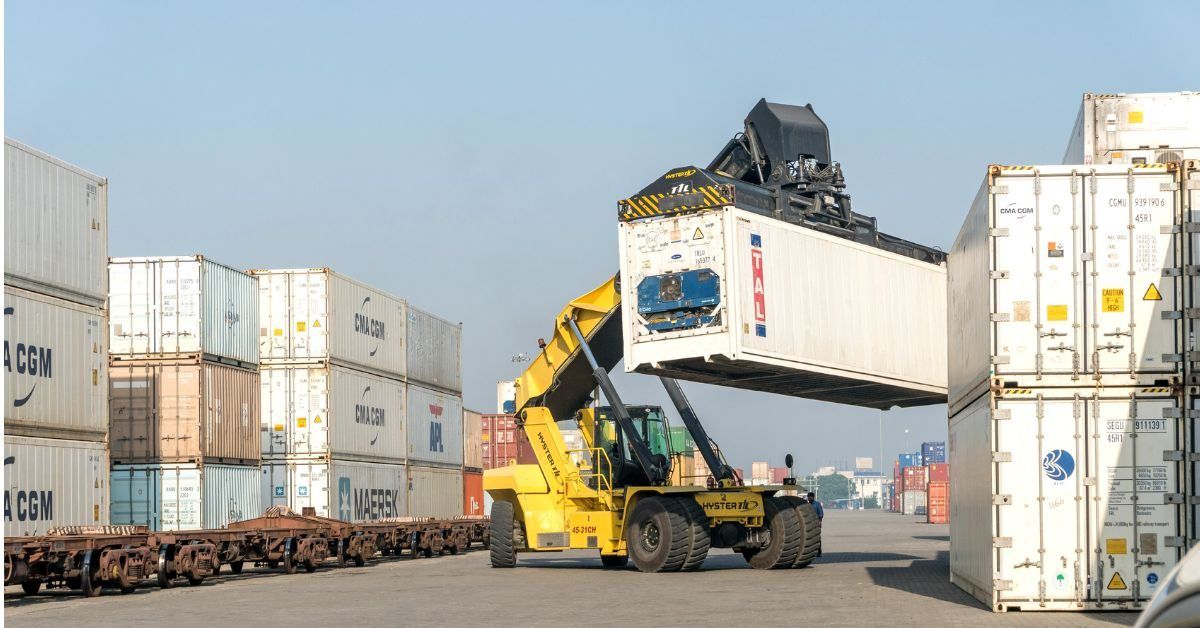The policy seeks to reduce the cost of logistics in India to be comparable to global benchmarks by 2030; improve India’s ranking in the Logistics Performance Index from 44 in 2018 to within the top 25 by 2030; and create a data-driven decision support mechanism for an efficient logistics ecosystem
Looking to expedite clearances of infrastructure projects and bring a better coordination in line with the PM Gati Shakti plan, the government is eyeing seamless transfer of logistics data across various ministries by November.
“We are reconciling the complete legacy data so by the first week of November actually, everything would be shifted to this,” Department for Promotion of Industry and Internal Trade (DPIIT) secretary Anurag Jain told ET.
Prime Minister Narendra Modi launched the National Logistics Policy last week, which was cleared by the union cabinet on Wednesday. The policy seeks to reduce the cost of logistics in India to be comparable to global benchmarks by 2030; improve India’s ranking in the Logistics Performance Index from 44 in 2018 to within the top 25 by 2030; and create a data-driven decision support mechanism for an efficient logistics ecosystem.
The government aims to reduce the logistics cost in India from about 13% of the gross domestic product to 7.5-8%. “The target is that we reach the international standards by 2030 but the impact will start coming right away,” he said.
Jain said the logistics policy will work in tandem with PM Gati Shakti to expedite the implementation of the required infrastructure.
While PM GatiShakti National Master Plan aims for integrated infrastructure development, the National Logistics Policy seeks to bring efficiency in logistics services, and human resources through streamlining processes, regulatory framework, skill development, mainstreaming logistics in higher education and adoption of suitable technologies, the government said.
Jain said that at present railways ministry, statistics and programme implementation ministry, the Department of Economic Affairs, and many other government entities provide data on infrastructure projects. These are housed separately on the National Infrastructure Pipeline, Pragati, or PM GatiShakti portals. “So instead of developing another portal, we have integrated everything into just one portal. The whole redesign has been done. All these portals have been integrated and they would have to make entry only one portal and everything else will draw the required fields from those,” he said.
Courier companies, cold chain players, freight startups, and logistics and supply chain digitisation firms have benefitted from Unified Logistics Interface Platform (ULIP), launched as part of the National Logistics Policy, that provides real-time information and has enabled the integration with existing 30 data sources of ministries such as IceGate, Vahan and FasTag.
Faster DPR, land acquisition
Jain said that systems, processes, and skills are being addressed to fastrack infra projects, and Detailed Project Report (DPR) planning and land acquisition proposals are being expedited. “DPR formulation used to take six months but is now taking 1-1.5 months. In fact, you can have the DPR rough draft within a few hours,” he said.







